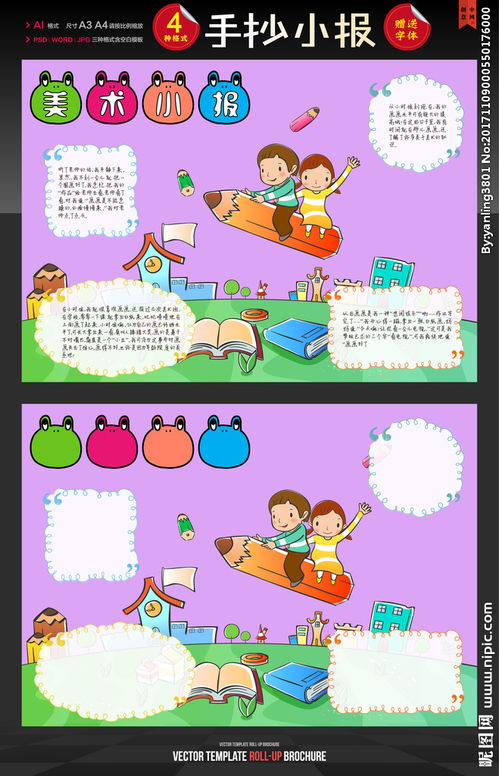英语科技小报的英文
Title: Exploring the Intersection of English and Technology: A Mini Report
English language and technology are two dynamic fields that have increasingly intertwined in the modern world. From language learning apps to machine translation algorithms, the fusion of English and technology has revolutionized communication, education, and beyond. This mini report delves into various aspects of this intersection, highlighting key developments, challenges, and future prospects.

Language learning apps like Duolingo, Rosetta Stone, and Babbel have democratized language education, making it accessible to millions worldwide. These apps utilize technology to offer personalized learning experiences, interactive exercises, and realtime feedback, fostering English proficiency in users of diverse backgrounds and skill levels. Moreover, features like gamification and social networking enhance user engagement and motivation, leading to more effective learning outcomes.
Machine translation technologies, such as Google Translate and DeepL, have significantly transformed crosslinguistic communication. These systems employ complex algorithms, including neural networks and deep learning, to analyze and translate text between different languages, including English. While machine translation has improved in accuracy and fluency over the years, challenges like idiomatic expressions, cultural nuances, and context ambiguity persist, necessitating ongoing research and development efforts.
Natural Language Processing (NLP) is a subfield of artificial intelligence (AI) that focuses on enabling computers to understand, interpret, and generate human language. NLP applications abound in various domains, from virtual assistants like Siri and Alexa to sentiment analysis tools and chatbots. In the realm of English language, NLP facilitates tasks like text summarization, grammar correction, and language generation, enhancing communication efficiency and quality.
The internet has facilitated the emergence of online language communities, where English learners and enthusiasts gather to practice, share resources, and engage in discussions. Platforms like Reddit, language forums, and social media groups provide valuable opportunities for language exchange, peer feedback, and cultural immersion. Additionally, languagespecific websites and blogs offer a wealth of educational content, ranging from grammar tutorials to language learning tips, catering to diverse learner preferences and needs.
Virtual Reality (VR) and Augmented Reality (AR) technologies hold immense potential for immersive language learning experiences. VR simulations can recreate realworld scenarios, such as conversations with native speakers or visits to Englishspeaking countries, enabling learners to practice language skills in a dynamic and interactive environment. Likewise, AR applications can overlay digital content onto the physical world, offering contextualized language learning experiences through interactive objects, signage translation, and cultural annotations.
The convergence of English language and technology has opened up a myriad of opportunities for education, communication, and cultural exchange. From language learning apps and machine translation to NLP advancements and immersive technologies, innovations continue to reshape the landscape of language acquisition and use. As we navigate this everevolving intersection, collaboration between linguists, educators, technologists, and learners will be crucial in harnessing the full potential of English and technology for global connectivity and understanding.
This HTMLformatted mini report provides insights into the fusion of English language and technology, covering various aspects such as language learning apps, machine translation, natural language processing, online language communities, and immersive technologies.
1.本站遵循行业规范,任何转载的稿件都会明确标注作者和来源;2.本站的原创文章,请转载时务必注明文章作者和来源,不尊重原创的行为我们将追究责任;3.作者投稿可能会经我们编辑修改或补充。









